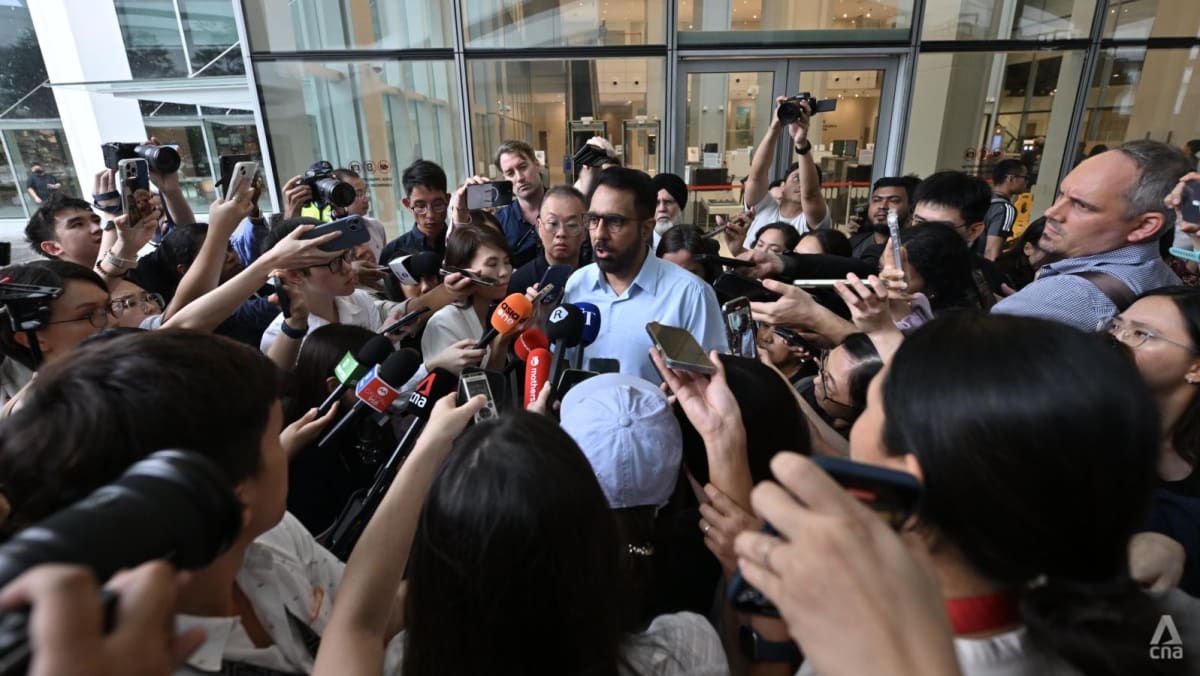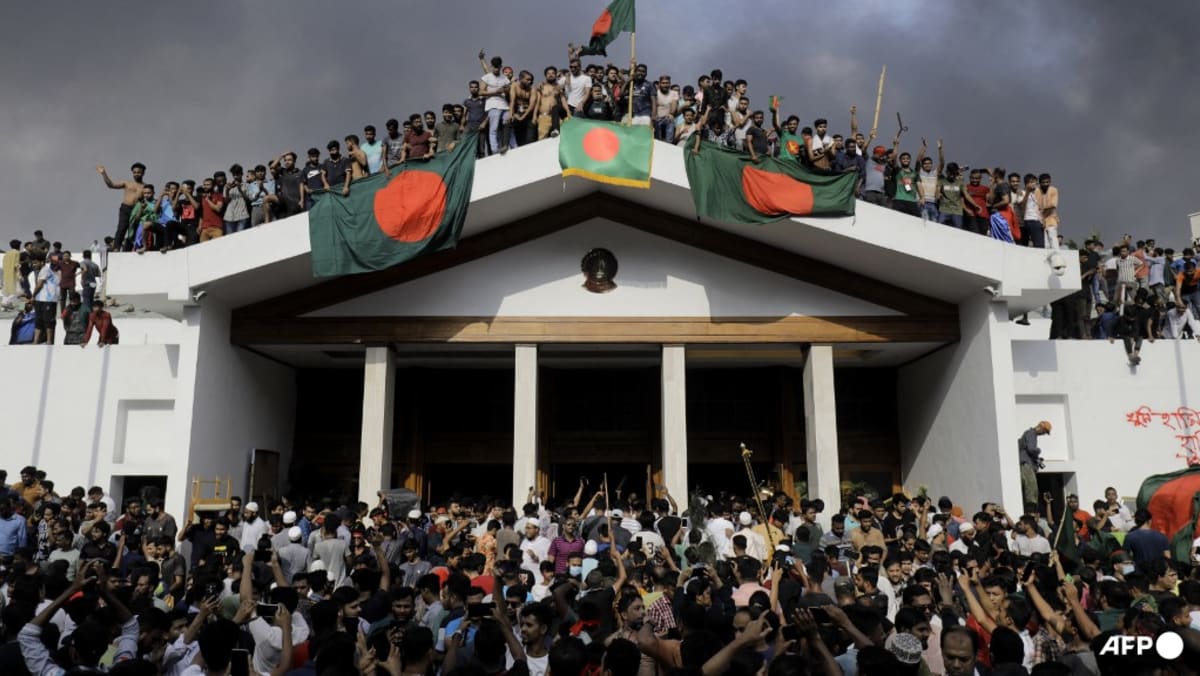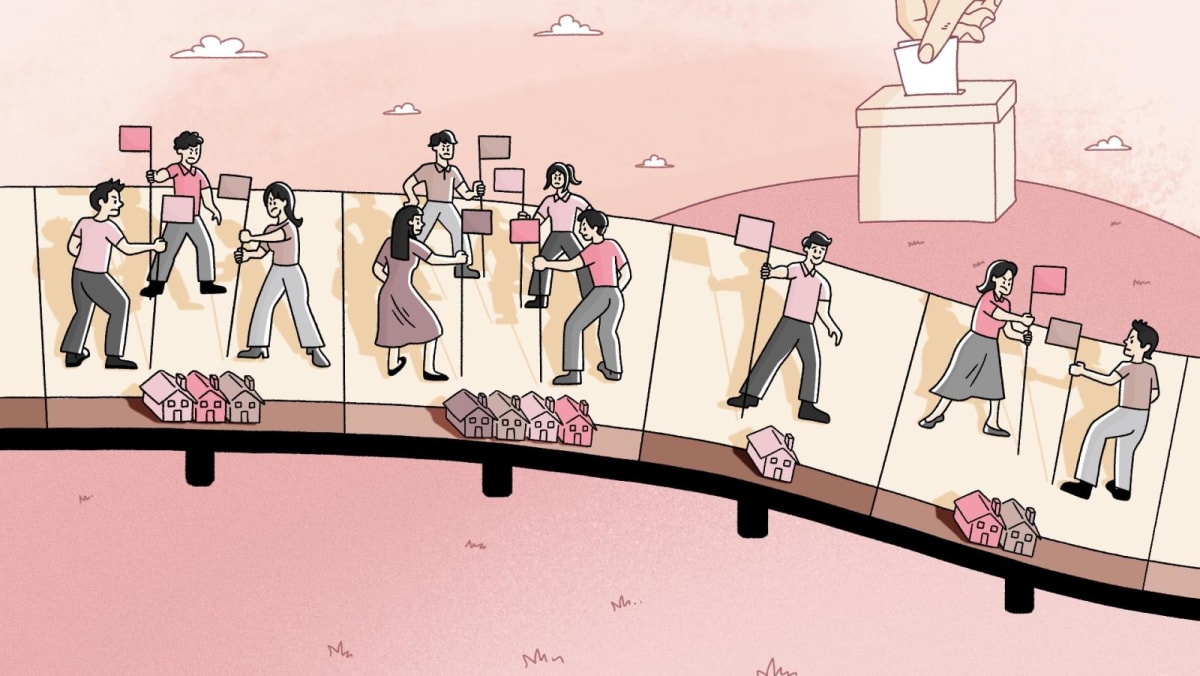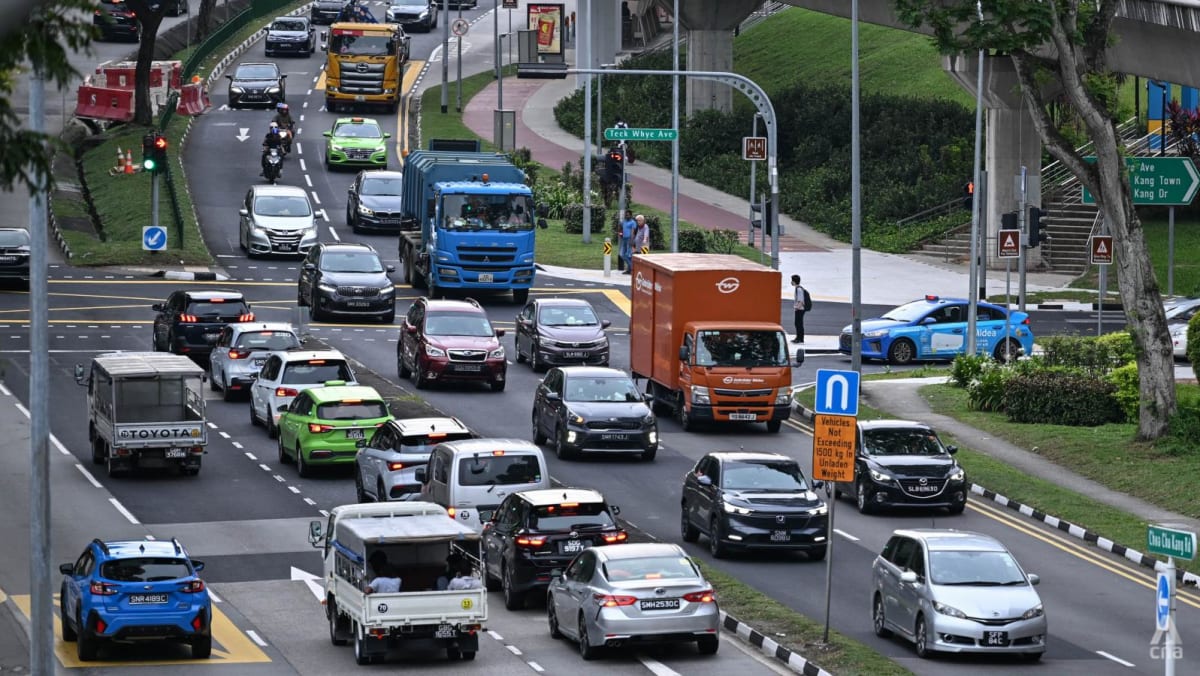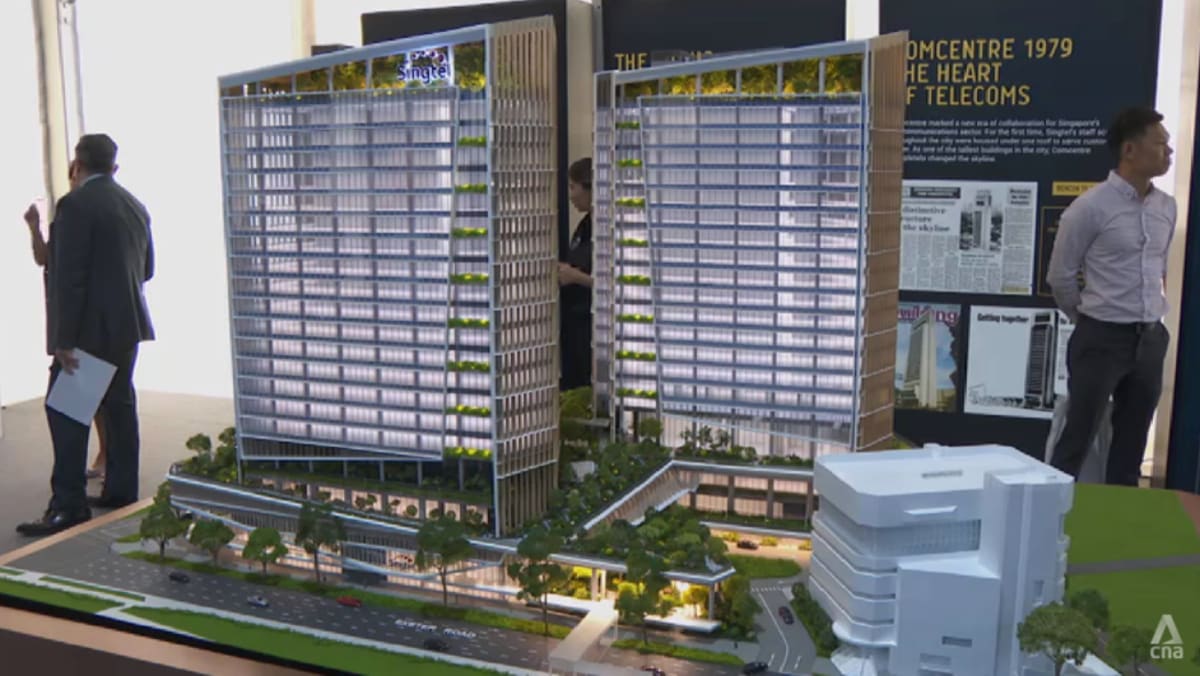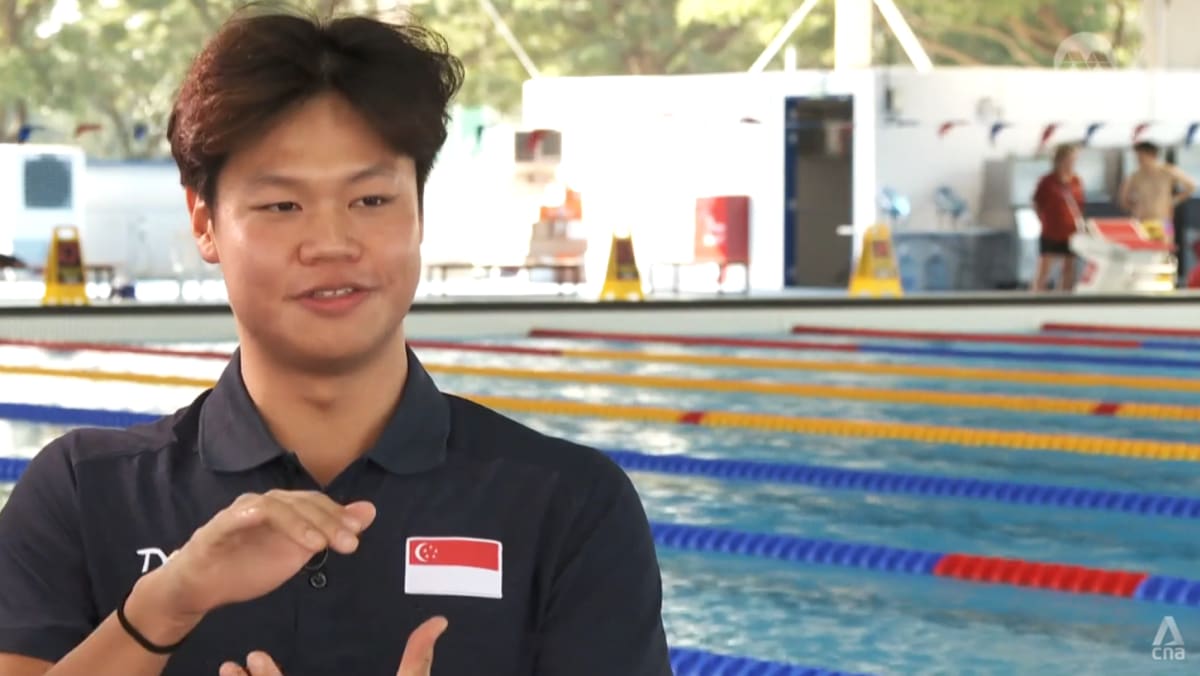In essence, multi-cornered fights are disadvantageous for opposition parties hoping to win seats in parliament, though analysts believe that the number of multi-way contests will drop substantially by Nomination Day.
Still, this is not a given.
Dr Teo of IPS said: “There will be a need to go back to the negotiating table for parties that are inclined to do so, or for parties with limited resources to really determine where they should field their candidates.
“If the decision is not to negotiate and just make their own decisions, then we might see more multi-cornered fights, especially in SMCs.”
As Singapore’s political scene continues to mature, will it see an increasing number of multi-cornered fights in future elections?
Experts and opposition leaders alike said that this might be inevitable, especially if new political parties continue to enter the fray.
And as existing opposition parties expand their ambitions, it would be tougher for new parties to avoid colliding with both the ruling party and older opposition parties.
Assoc Prof Tan of SMU said: “As WP gears up (to attain) its medium-term target of winning one-third of all elected seats, the smaller parties will find it harder to have enough constituencies where they have straight fights against PAP.”
He added, though, that if GE2025 does see a higher-than-usual number of multi-corner fights and if this results in some parties losing their election deposits, that could put pause on the trend of multi-way contests in future elections.
As for the voters, even though some may prefer straight fights between the more established political parties, the analysts said that increased contestation in a general election is a sign that the nation is evolving into a more mature democracy.
Dr Teo said that the diversity of opposition provides a wider range of political choices for the electorate.
The overall results of the election would also provide a reflection of the types of political parties and political ideas that Singaporeans accept.
Giving another view, Assoc Prof Tan said that having options is good, but what voters want are “real choices”.
“This means that parties have to differentiate themselves in meaningful ways through policy positions and candidate selections,” he added.
“Ultimately, voters will ‘vote pool’ behind the (opposition) party they regard as being most able to take the fight to the ruling PAP.”
